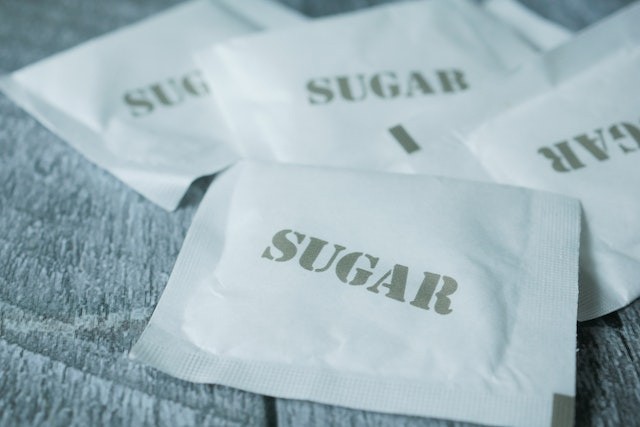
The World Health Organization (WHO) has spoken. The organization doesn't promote using non-sugar sweeteners as they reportedly don't offer long-term benefits for weight loss.
WHO Against Use of Non-Sugar Sweeteners (NSS)
WHO advises against using non-sugar sweeteners (NSS) to manage body weight or lower the risk of noncommunicable diseases (NCDs), as stated in its new guideline.
The advice is supported by a thorough evaluation of the existing data, which found that neither adults nor kids who use NSS see any long-term benefits in body fat reduction. The review's findings also imply that prolonged use of NSS may have unfavorable effects, such as an increased risk of type 2 diabetes, cardiovascular illnesses, and adult mortality.
In the long run, replacing free sugars with NSS does not aid in weight management. According to Francesco Branca, WHO Director for Nutrition and Food Safety, people should think about various strategies to minimize their intake of free sugars, such as eating foods like fruit that naturally contain sugars or choosing unsweetened food and beverages.
NSS has no nutritional value and is not a necessary dietary component. People should completely cut off sugar to promote health, starting early in life.
All artificial, naturally occurring, or modified non-nutritive sweeteners that are not classified as sugars and are present in manufactured foods and beverages or sold separately for consumers to add to foods and beverages are included in the recommendation. The recommendation also applies to all people except those with a history of diabetes.
The advice does not apply to items like toothpaste, skin lotion, and pharmaceuticals containing NSS, nor is it applicable to low-calorie sugars and sugar alcohols (polyols), which are sugars or sugar derivatives that have calories and are therefore not considered NSS.
Due to the complicated patterns of NSS usage and baseline characteristics of research participants that may obscure the relationship between NSS use and disease outcomes, the recommendation has been conditionally appraised by WHO guidelines-development procedures. This suggests that policy choices made in light of this advice might necessitate in-depth consideration in particular country contexts, linked, for instance, to the level of consumption in certain age groups.
ALSO READ : Nanomaterial for Better Insulin Effects; New Approach to Effectively Treat Type 1 & 2 Diabetes
What Are Non-Sugar Sweeteners?
Non-sugar sweeteners are also called artificial sweeteners. They are naturally occurring or synthetic substances with a sweet taste similar to sugar but are up to 400 times sweeter by weight and offer little to no energy. In contrast, sugar contains 17 kilojoules (4 calories) per gram, making one teaspoon equal to 85 kilojoules, ScienceAlert reported.
In Australia, a variety of artificial sweeteners are utilized. Others are derived from foods like monk fruit and the stevia plant, while some are synthetic. Popular examples of non-sugar sweeteners are aspartame, advantame, cyclamates, neotame, saccharin, sucralose, stevia, stevia derivatives, and acesulfame K.
Evangeline Mantzioris, a practicing clinical dietician in the 1990s, said she could still clearly recall the emergence of artificial sweeteners in processed foods. They were marketed as a technique to add sugar instead of sugar in foods that would help people lose weight.
On average, a can of soft drink with added sugar has 500 kilojoules. Theoretically, switching one sugar-sweetened soda daily for a can of artificially sweetened soda would result in a monthly weight loss of roughly 1 kilogram (2.2 pounds). It wasn't the case.
The WHO recommendation on NSS is one of several current and upcoming dietary recommendations intended to promote lifelong healthy eating habits, enhance dietary quality, and lower the risk of NCDs globally.
RELATED ARTICLE : Nanocapsules for a More Effective Chemodynamic Therapy Developed for One-Step Cancer-Fighting Approach
Check out more news and information on Medicine & Health in Science Times.
© 2025 ScienceTimes.com All rights reserved. Do not reproduce without permission. The window to the world of Science Times.












